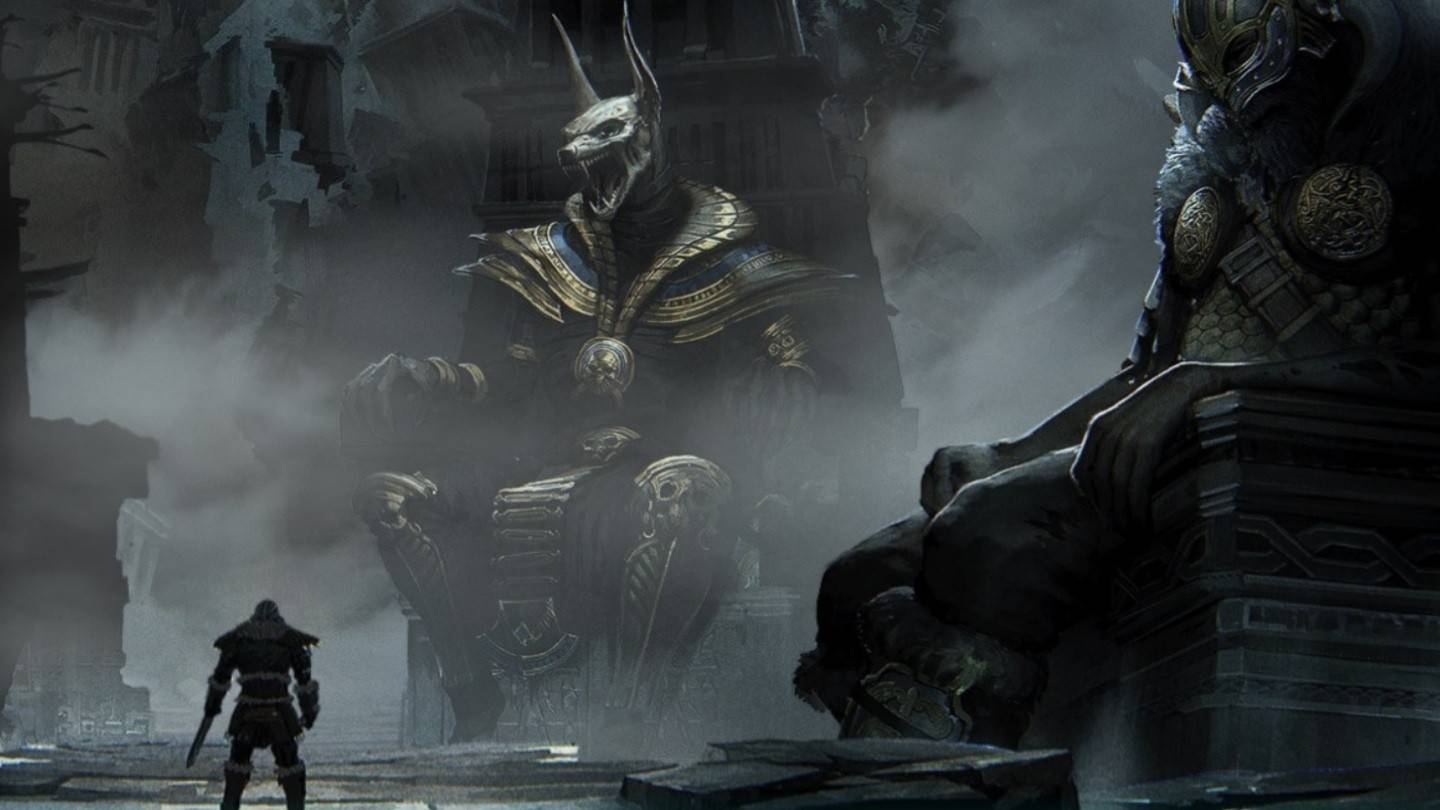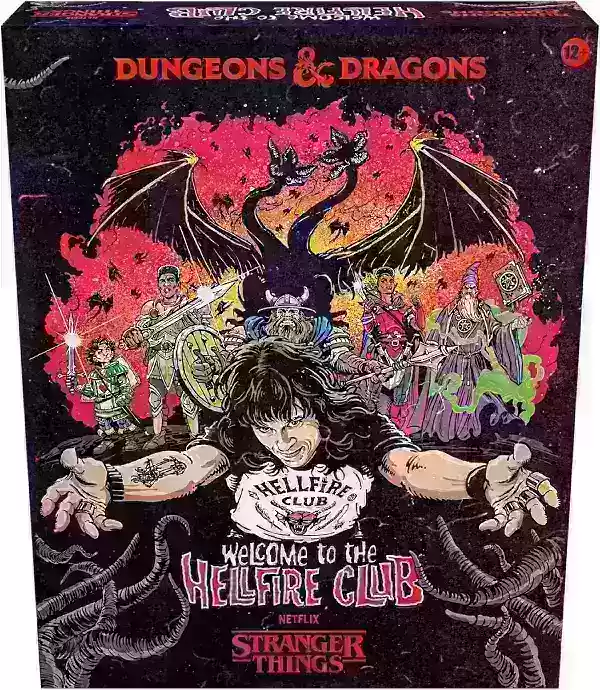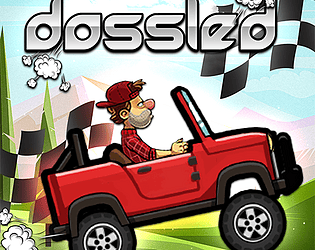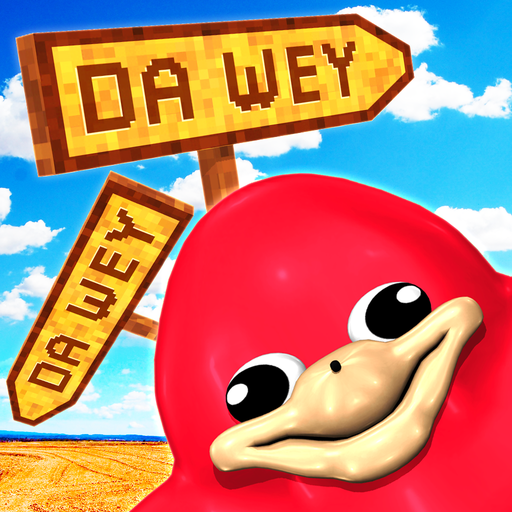Doom has always been closely intertwined with metal music, a connection evident from the game's earliest days. The iconic imagery of flames, skulls, and demonic creatures in Doom mirrors the visual style of metal bands like Iron Maiden, creating a seamless blend of gaming and music culture. Over its more than 30-year history, Doom has evolved alongside metal, exploring various sub-genres from thrash to metalcore, reflecting the dynamic nature of both the game and the music.
In 1993, the original Doom's soundtrack drew heavily from the thrash metal scene of the late '80s and early '90s. Influences from bands like Pantera and Alice in Chains are unmistakable, with tracks like "Untitled" for the E3M1: Hell Keep level echoing Pantera's "Mouth of War." The game's score, crafted by Bobby Prince, captured the essence of thrash, propelling players through Mars' corridors with the same urgency and intensity found in the music of Metallica and Anthrax.
Doom: The Dark Ages - Gameplay Screenshots
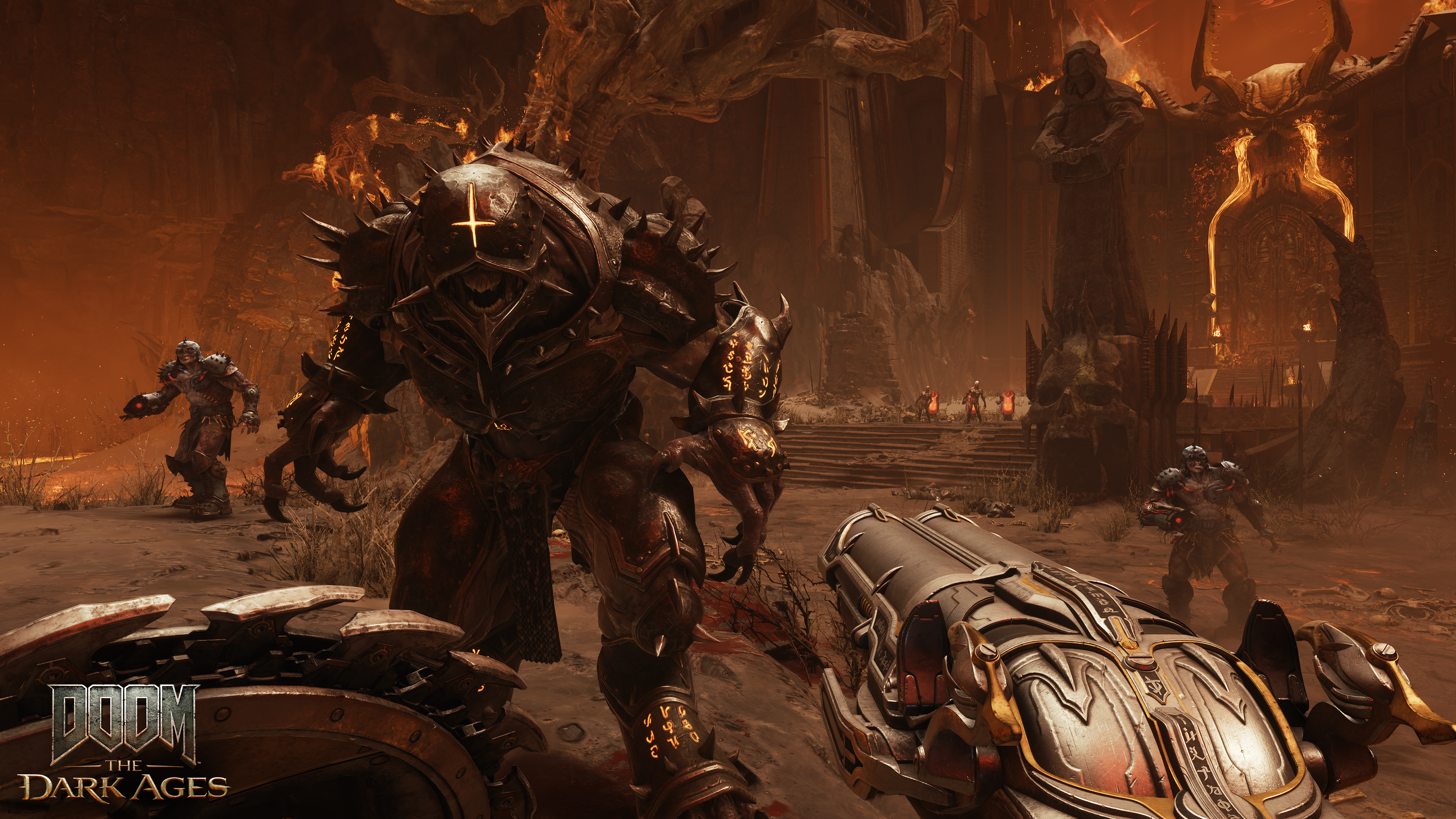
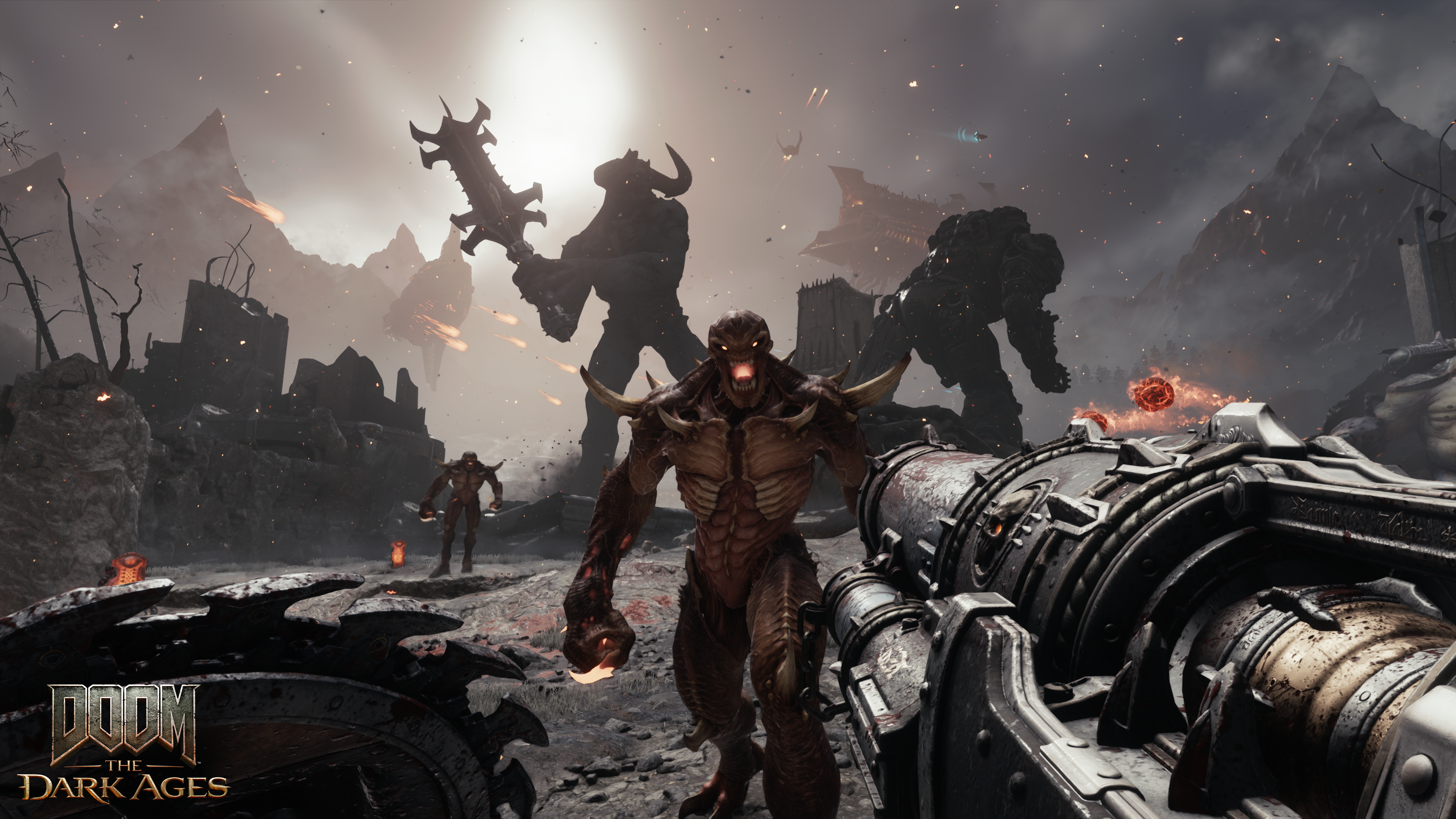 6 Images
6 Images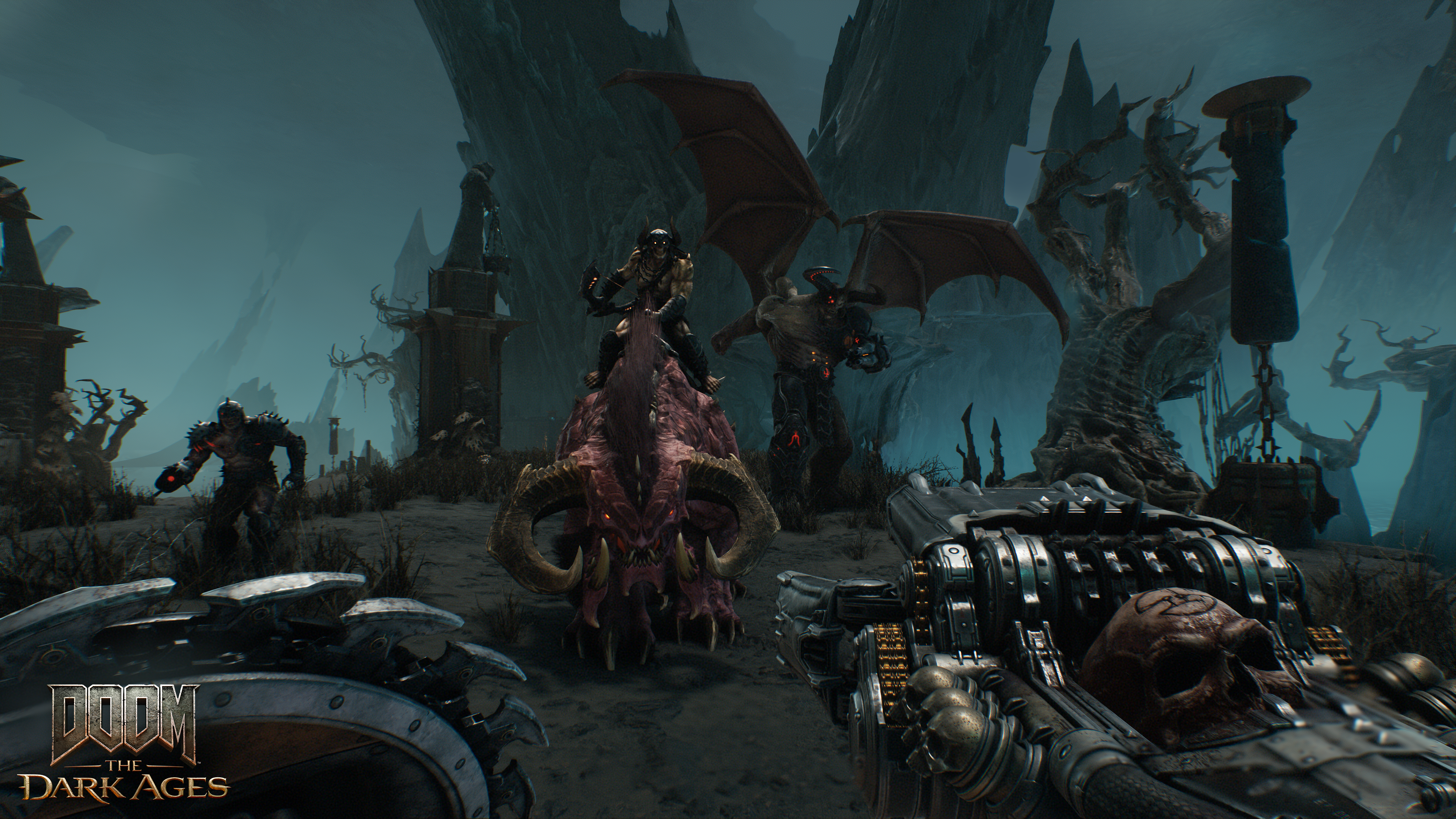
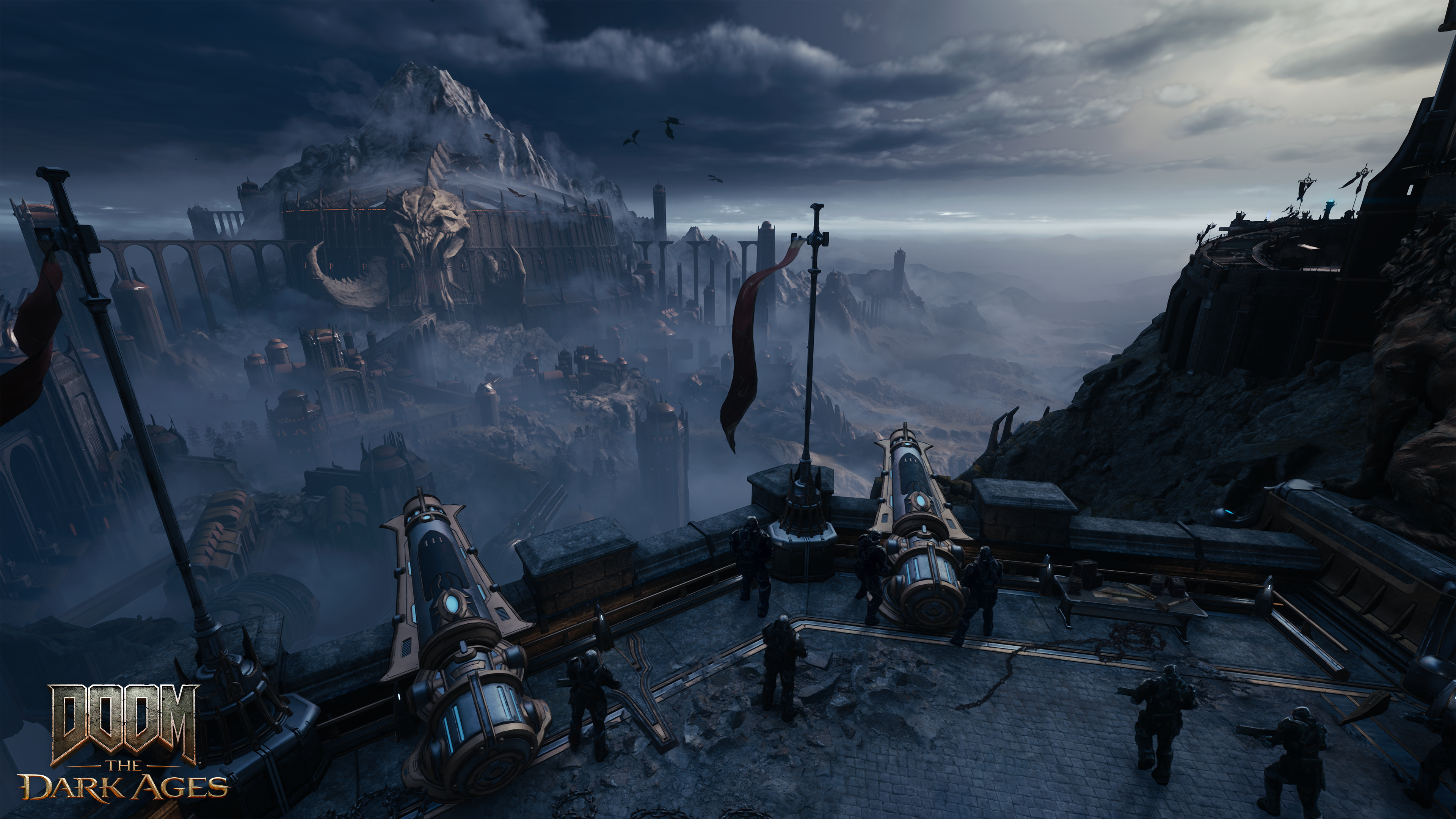
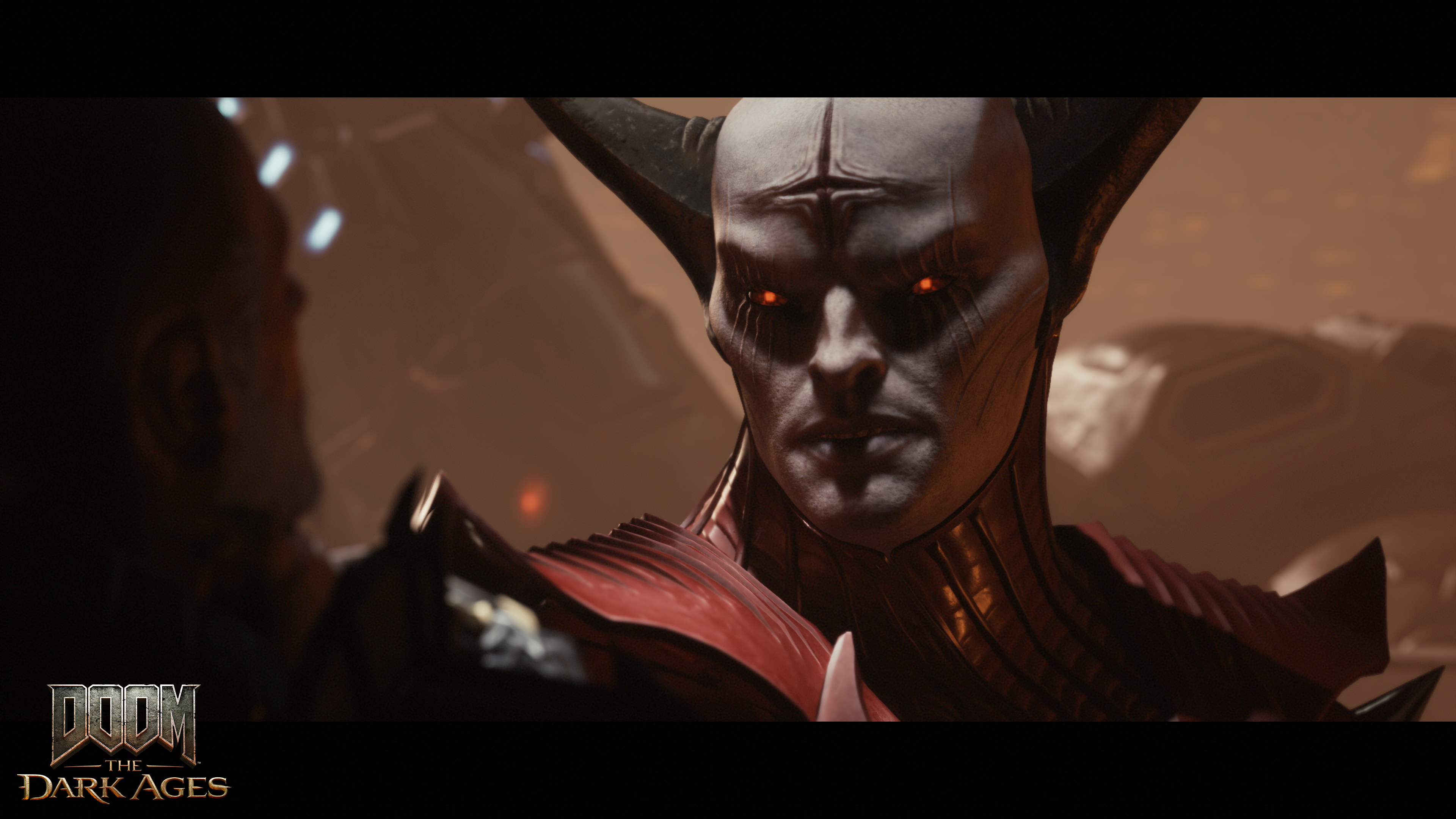
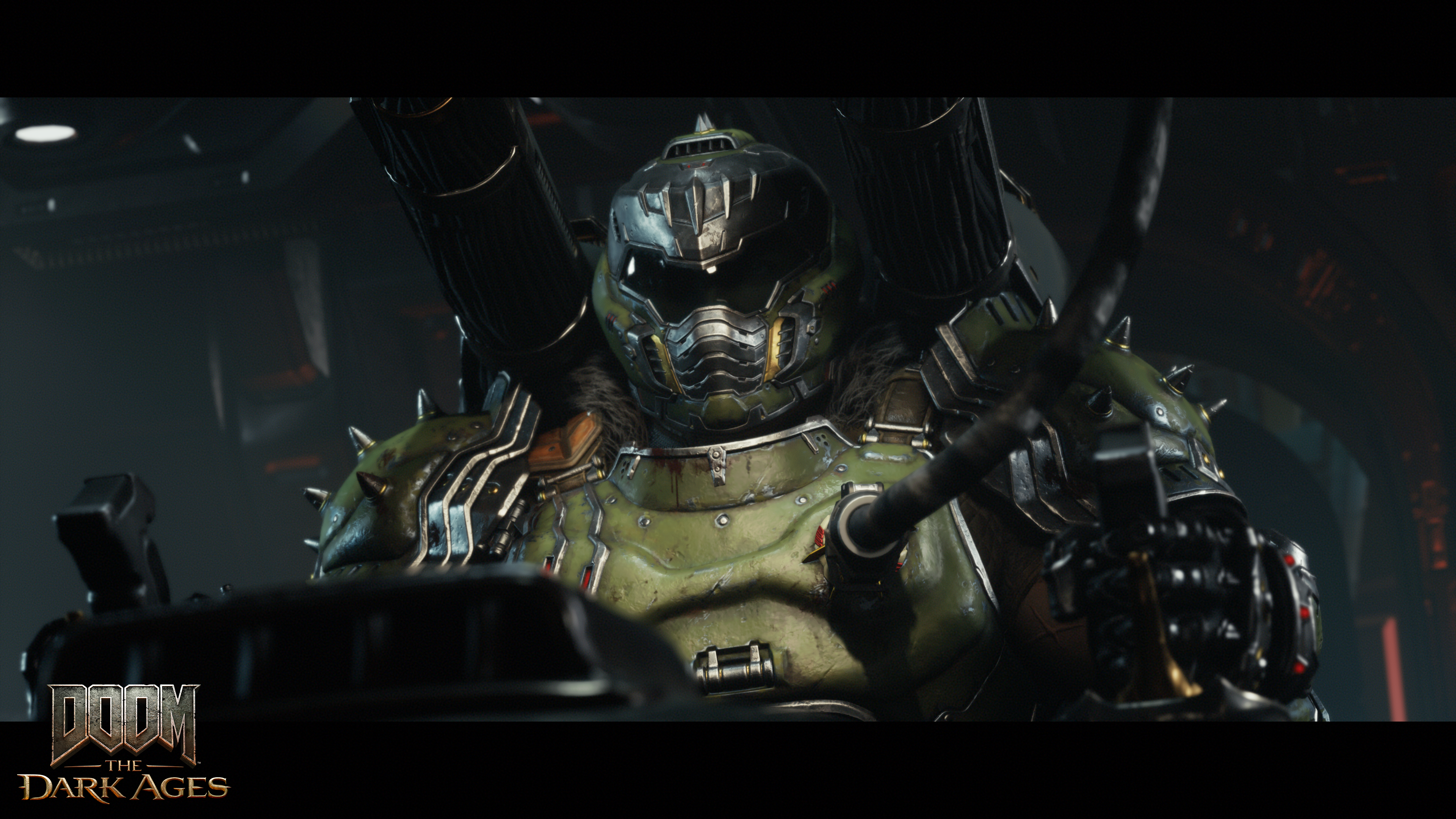
For over a decade, Doom's music continued to echo its fast-paced gameplay. However, the release of Doom 3 in 2004 marked a significant shift. This survival horror-inspired game introduced a slower, more deliberate pace, necessitating a new sound. The main theme of Doom 3, composed by Chris Vrenna and Clint Walsh, drew inspiration from the progressive metal band Tool, particularly their album Lateralus. Although Doom 3's design was considered an anomaly in the series, its soundtrack perfectly complemented the game's eerie atmosphere.
After a period of development challenges, Doom returned triumphantly in 2016 with a complete overhaul. The game's soundtrack, composed by Mick Gordon, embraced the djent subgenre, blending sub-bass frequencies with white noise to create a heart-pounding experience. Doom 2016's score became one of the most celebrated in video game history, perfectly syncing with the game's relentless action.
Doom Eternal, released in 2020, further evolved the series' sound, leaning into the metalcore genre. Despite some controversy over the soundtrack's production, Gordon's influence was evident, with tracks that felt like modernized versions of his previous work. The game's score reflected the broader trends in metal music, incorporating elements from bands like Bring Me the Horizon and Architects.
Now, with Doom: The Dark Ages on the horizon, the series continues to push boundaries. The game's slower pace and new combat mechanics, such as the Captain America-like shield, suggest a soundtrack that must be both heavy and agile. Early glimpses of the game's music, composed by Finishing Move, hint at influences from bands like Knocked Loose, blending modern metalcore with traditional thrash elements.
As Doom: The Dark Ages promises to expand on the series' legacy, it also reflects the ongoing evolution of metal music. The game's innovative gameplay, including the use of mythological creatures and giant mechs, parallels the genre's experimentation with electronic, hip-hop, and hyperpop elements. For fans of both Doom and metal, The Dark Ages represents an exciting new chapter, promising a thrilling experience that honors the series' roots while pushing into new territory.

